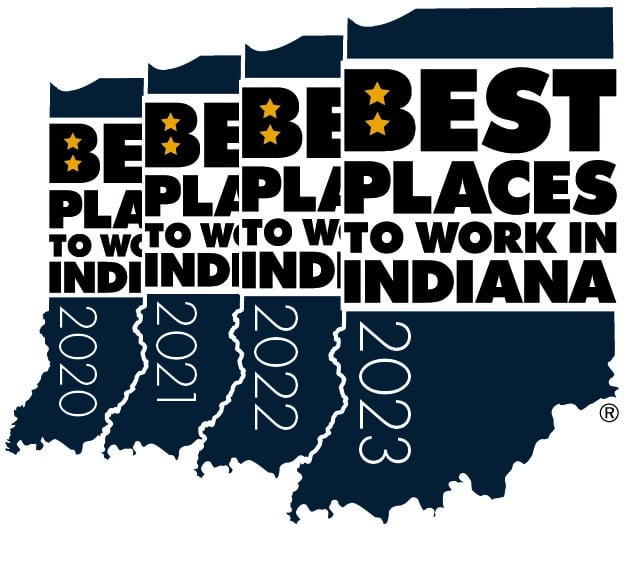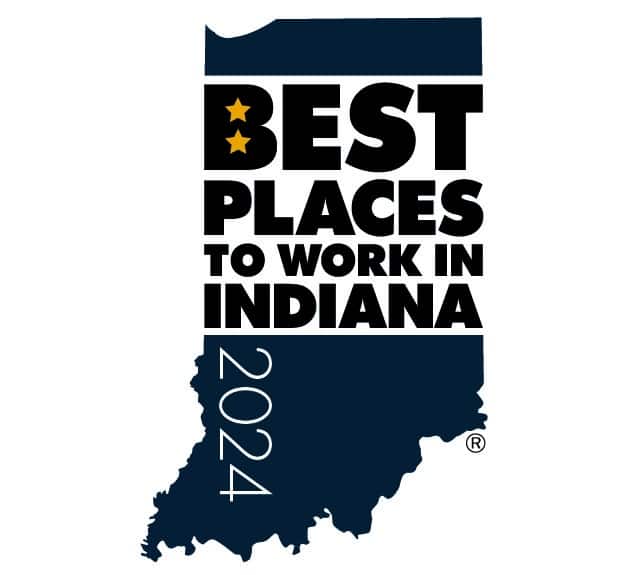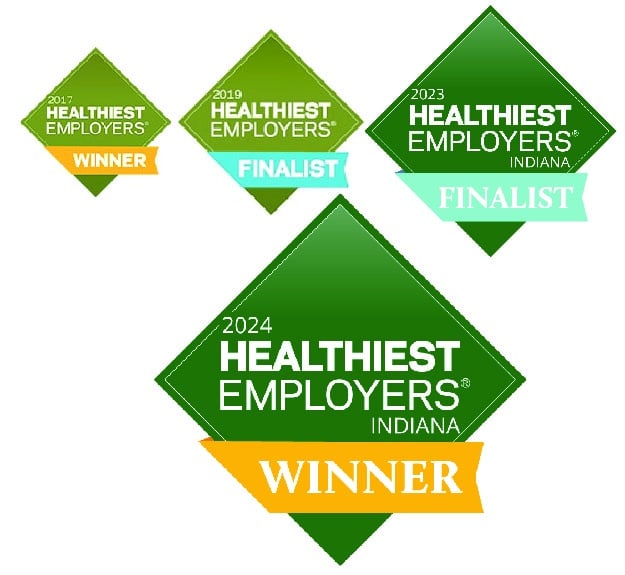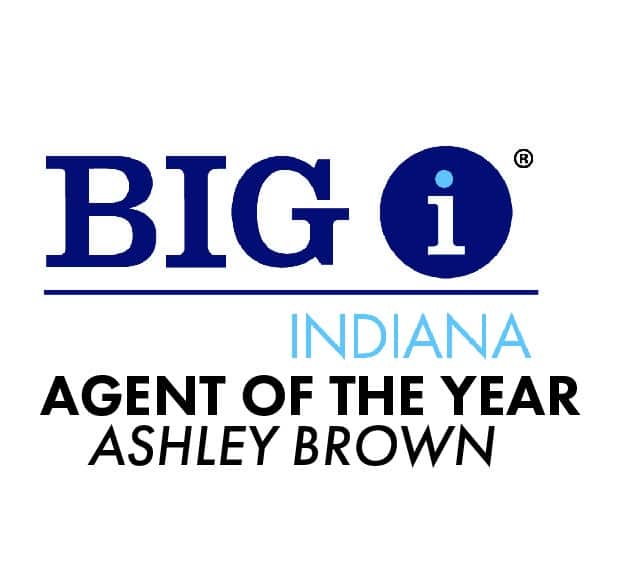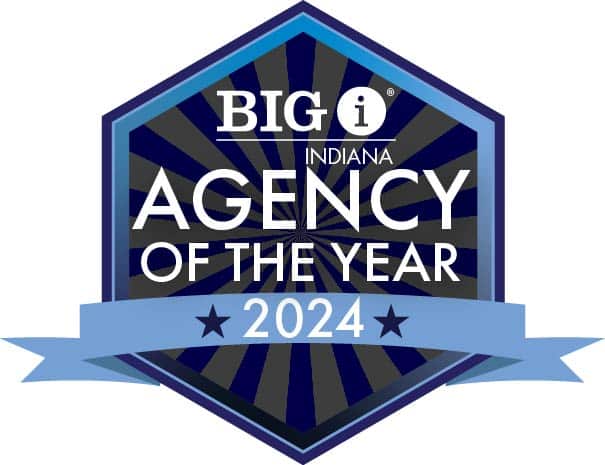The Ins and Outs of Medical Benefits Administration
Medical benefits administration manages group health insurance plans, including claims processing, payments, enrollment, and regulatory compliance. As healthcare costs rise, efficient benefits administration has become critical for organizations to control expenses and keep employees protected through quality coverage. Investing in robust medical benefits ensures health plans operate optimally over the long term to provide necessary care while aligning to budgets.
What is Medical Benefits Administration?
Organizations rely on medical benefits administrators to manage their group health insurance plans optimally. Medical benefits administrators continuously manage the day-to-day and strategic management of employer-sponsored group health plans.
Key responsibilities include:
- Processing Claims: Reviewing, verifying accuracy, and reimbursing medical insurance claims
- Health Plan Management: Enrolling members, collecting premiums, communicating with members
- Compliance and Reporting: Ensuring adherence to healthcare laws and regulations
- Cost Containment: Implementing strategies to control rising benefit expenditures
Skilled administrators apply healthcare, insurance, technology, and analytical expertise to handle these critical tasks for group health plans. By leveraging dedicated medical benefit administration services, organizations can ensure their health plans operate smoothly and continue providing significant value over the long term.
Read our articles, Affordable Health Options for SMEs and Maximizing Workplace Health Benefits, for more information.
Importance of Medical Benefits Administration
Quality medical benefits administration provides tremendous strategic value for organizations by optimizing their employee benefits programs. Skilled administrators enable advantages like:
- Accurate Claims Processing: Leveraging the latest technology to ensure accurate, efficient claims payments and reimbursements. This prevents issues and delays.
- Controlled Benefit Costs: Performing audits, data analysis, network adjustments, and cost containment initiatives help reign in escalating employee benefits spending.
- Regulatory Compliance: Administrators ensure compliance with complex regulations, including HIPAA privacy rules, PPACA reforms, COBRA, and ERISA fiduciary obligations. Specifically, they stay updated on guidance from the Employee Benefits Security Administration, which oversees and enforces rules for retirement plans, health benefits, participation/vesting, and disclosure requirements. This avoids penalties.
- Enhanced Customer Service: Delivering smooth benefits experiences via easy access to IDs/info, self-service tools, and responsive inquiries leads to more satisfied, productive employees.
In summary, dedicated employee benefits administration enables organizations to provide secure, compliant, competitive benefits packages that attract top talent, align to budgets, and optimize strategic human capital goals.
Administration of Health Plans
Managing administrative functions related to group health plans represents a core competency for benefits administrators. Excellence in this area helps deliver a seamless benefit for your employees. It also helps you meet your fiduciary responsibility as a plan sponsor. Their expertise in key areas like enrollment, billing, claims, reporting, and communication provides immense value.
Robust benefits administration processes entail:
- Enrollment and Eligibility:Verifying employment status for new hires to determine needs and facilitate health plan selections during open enrollment by established deadlines. Administrators also update records for events like marriages, births, or policy changes. Compliance with applicable laws and regulations, such as ERISA, COBRA, and HIPAA, is paramount throughout the enrollment and eligibility process.
- Billing and Collection: Generating consolidated premium invoices for employers and reconciling and depositing the payments correctly to fund health plan pools responsibly. Delinquencies get escalated and resolved to maintain coverage integrity.
- Claims Disbursements: Leveraging submitted premium funds judiciously in alignment with plan provisions to cover and reimburse legitimate health expenses and medical claims according to regulated standards.
- Renewals and Analytics: Analyzing historical claims data, utilization metrics, and cost drivers across health plans as renewal periods approach. Administrators provide actionable insights via analytics to guide benefit program adjustments.
- Member Support: Produced medical ID cards, summaries, guides, and letters to aid understanding of health plan details and claims processes while responding to participant inquiries.
As the employer holds the fiduciary responsibility to select the best partner, administrators must demonstrate their commitment to maintaining the highest compliance standards and mitigating potential liabilities. This includes adhering to strict data privacy and security measures, providing accurate and timely information to participants, and ensuring that all eligibility determinations are made in accordance with the terms of the health plan.
A recent example illustrating the importance of fulfilling fiduciary responsibilities is the lawsuit filed against Johnson & Johnson. The lawsuit alleges that the company failed to meet its ERISA fiduciary obligations in selecting and overseeing its prescription drug plan's pharmacy benefit manager, resulting in increased costs for plan participants. This case serves as a reminder for employers to diligently review their fiduciary obligations and maintain robust procedures to ensure compliance and protect the interests of their employees.
This administration overall alleviates the considerable workload of HR departments related to transactional benefits processes. Instead, they can stay focused on more strategic talent management initiatives, relying on administrators to maintain optimized benefit plans.
Compliance Governance Over Medical Plans
Navigating the complex regulatory environment represents a major pain point for organizations when managing medical benefits. Skilled administrators actively assume these risks and responsibilities to ensure full compliance.
Key areas under ongoing governance include:
- HIPAA: Strict controls for accessing, sharing, and securing protected health information (PHI), staying updated on privacy and security best practices and obligations. Violations trigger significant fines.
- Affordable Care Act: Ensuring plan designs and provisions adhere to PPACA reforms regarding essential health benefits, waiting periods, affordability, eligibility, and Section 125 plan compatibility.
- ERISA: Managing fiduciary duties involving plan selection/monitoring, establishing prudent financial controls, and delineating responsibilities to co-fiduciaries.
- Fraud and Abuse: Actively detect and prevent healthcare fraud through audits and coordination with insurance carriers or internal legal counsel regarding fraudulent claims activity.
- Regulatory Changes: Continually monitor updates from the Departments of Labor, Treasury, and Health and Human Services on new medical benefits statutes or legislation enacted locally or federally and ensure timely adjustments.
Responsibly upholding all healthcare compliance areas remains an endless effort as regulations frequently expand. This risk transfer enables HR leadership to stay laser-focused on core operations.
Partner with Conner Insurance for Optimal Benefits Coverage
Conner Insurance is a company with over 70 years of experience partnering with Plan Sponsors to develop and support customized medical benefits solutions strategically designed around employers' unique workforces, cultures, and budget needs. Our consultative approach and commitment to innovation set us apart.
We build trust-based relationships to solve rising healthcare costs, serve employee populations, and craft specialized benefits strategies promoting organizational and worker wellness. Compliance, superior service, and sustainable investments are our priorities.
Our Offerings
Conner Insurance delivers several policies to promote organizational and employee well-being:
- Medical: Doctor visits, surgery, testing services, and prescription coverage
- Dental & Vision: Key components ensuring comprehensive care
- Disability: Protecting wages in the event an employee can't work
We offer traditional insured options and alternative self-insured arrangements, providing greater cost control. Our adaptable approach and consultative process focus on achieving clients’ medical benefits goals—we know that no two companies have the same concerns.
Servicing Employers Nationwide
We make medical benefits easy. Our proven programs save employers money while providing robust coverage supporting workforces in Indiana and across the U.S.
Contact us today or call (317) 808-7711 to discuss customized medical benefits administration for your organization. Let Conner Insurance work with you to create compliant, sustainable health plans aligned with your culture and strategic goals. Protect Your Team with Benefit Plans.
Frequently Asked Questions
What are the main goals of medical benefits administration?
Goals include paying claims quickly and accurately, managing health plan costs, ensuring regulatory compliance, enhancing employee experiences with benefits, and executing plan strategies.
Why is medical benefits administration important for companies?
It’s important to control rising benefit costs, avoid compliance issues, reduce HR administrative burdens, improve employee satisfaction with health plans, and gain insights from benefits data analysis.
What typical medical benefits do administrators oversee?
Typical benefits include major medical insurance, prescription drug coverage, dental plans, vision, life insurance, disability insurance, HSAs/FSAs, EAP programs, wellness initiatives, and more.
What does high-quality medical benefits administration look like?
It includes accurate claims processing, member advocacy services, cost containment strategy, leveraging data and reporting, regulatory expertise, innovations in delivery models, and high client and employee satisfaction levels.
How can companies evaluate potential medical benefits administrators?
Assess administration costs/fees, technology capabilities, compliance and audit results, services offered, customer service ratings, claim processing speed and accuracy, staff certifications, and client retention rates over time.

